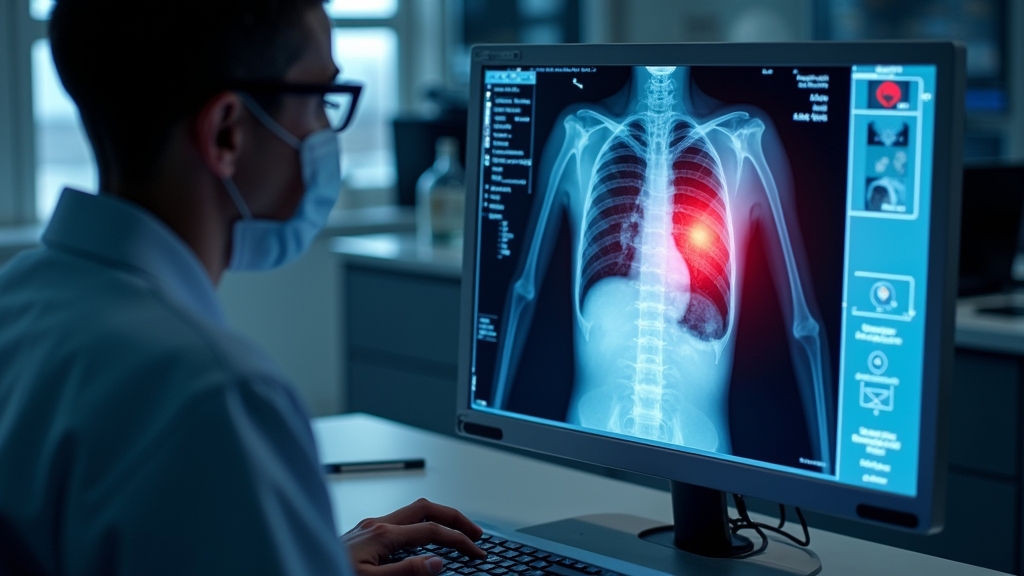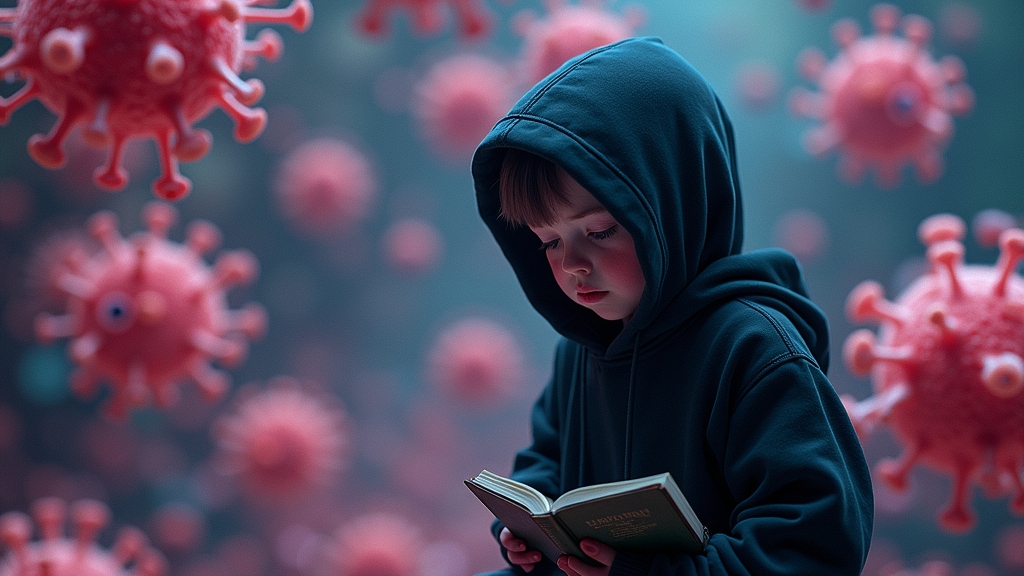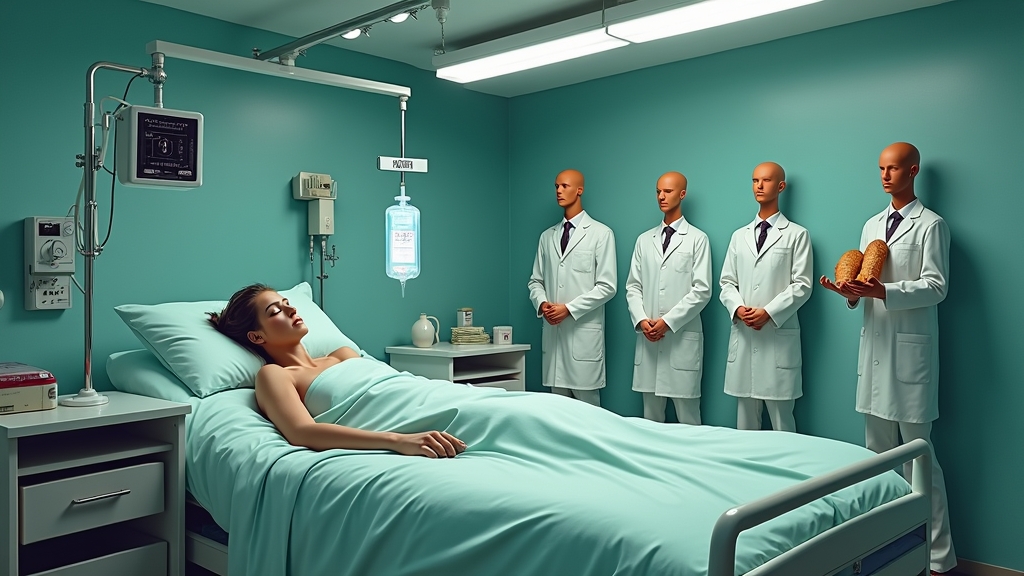Breaking: AI Diagnoses More Breast Cancer Than Humans Because Apparently, It Doesn’t Get “Tired” or “Distracted by TikTok”
In a groundbreaking study that has sent shockwaves through both the medical community and people who love yelling about AI on Twitter, researchers have revealed that artificial intelligence is actually kind of….good at saving lives? The study, touted as the “first real-world test” of AI in breast cancer screening, found that the algorithm detected more cases of breast cancer than human radiologists and—get this—didn’t need a coffee break or a cry in the hospital parking lot.
“It’s like the AI doesn’t even *have* imposter syndrome,” said Dr. Linda Proctor, a radiologist who participated in the study. “I mean, it’s not like it had to sit through four years of med school and three more crying into its soup during residency. It just showed up one day and nailed it. Who does that?”
The study reveals the not-at-all-terrifying reality that AI can detect abnormal growths in mammograms more efficiently than humans, which is great news if you’re a patient and slightly unsettling if you’re a radiologist who just put down a mortgage on a nice bungalow. AI, however, hasn’t grown a superiority complex just yet. “The algorithm isn’t trying to replace humans,” claimed Paul Algorithmski, spokesperson for the company behind the tech. “It’s here to work alongside medical professionals—and maybe judge their Spotify playlists.”
The study comes amidst increasing debate over AI in healthcare. Proponents argue that it enhances patient outcomes, while critics mutter things like “Next thing you know, robots will be doing *surgery.*” Dr. Steven Marks, a noted anti-robot enthusiast and sometime TikTok conspiracy theorist, weighed in: “First, AIs are stealing jobs. Next, they’ll hold your hand and tell you everything’s going to be okay at your chemotherapy appointment. Where, I ask, is the *soul* in that?”
The researchers also emphasized that the AI didn’t just start highlighting everything suspicious like a paranoid third-year med student. “It’s not yelling ‘CANCER!’ every five seconds like everyone’s mom with WebMD,” said Dr. Proctor. “The AI has a shockingly low rate of false positives. Which sucks a bit for my cousin Janet, who insists she ‘feels a lump’ every Monday morning after reading health articles on Facebook. We’re losing her audience.”
Critics, however, remain skeptical of AI’s growing role in the medical field, with some expressing concern over its infallibility. “What if it misses a tumor because the data it was trained on didn’t include enough pink ribbons?” asked one particularly impassioned commenter on Reddit. “I want my cancer screenings done by someone who understands what it *means* to miss a birthday party because they’re pouring over charts.”
Meanwhile, the AI, who could not provide comment due to its lack of vocal cords and human sensibilities, has reportedly been clocking 18-hour shifts diagnosing breast cancer and quietly wondering why humanity didn’t think of giving *human* doctors better work hours instead of just building sentient software.
Still, medical professionals seem cautiously optimistic. As one oncologist put it, “If AI is going to help us prevent cancer deaths, then I’m all for it. And if it starts diagnosing papercuts on your mammogram as ‘Stage 0 Meshuggah Syndrome,’ well, that’s why we’re still here.”
Stay tuned for the AI’s next feat: learning how to communicate bad test results without making everything super awkward.





